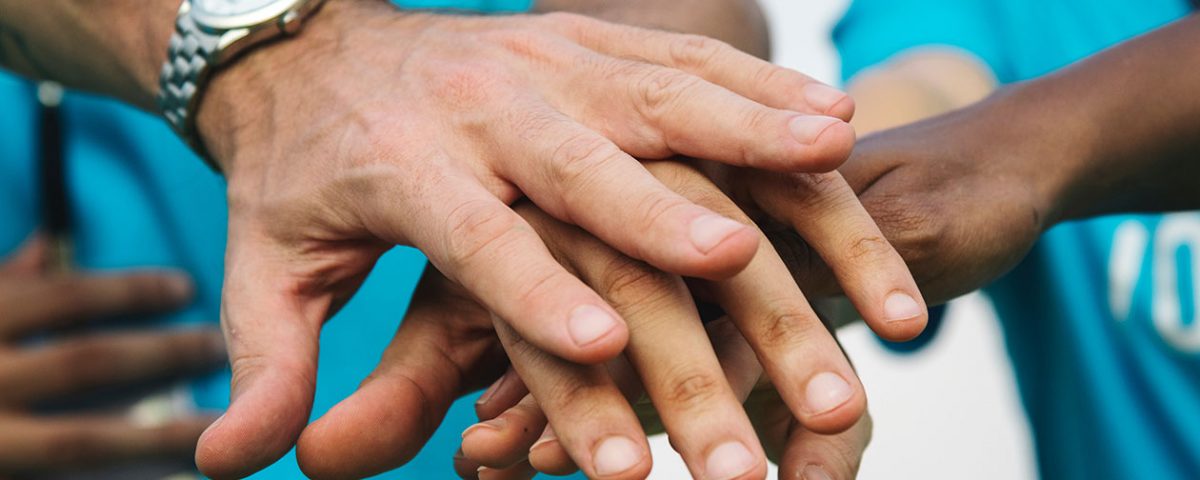The goal of a drug or alcohol intervention is to help your loved one recognize their unhealthy behaviors and guide them to seek addiction treatment.
But what if the addiction intervention didn’t go as planned? You can prepare in advance; however, it can be hard to know exactly how your loved one will react in response to the situation. Everyone experiences a unique journey when it comes to recovery, and that initial call for help can take some time. The addiction treatment experts at our Illinois drug rehab explain what to do if intervention is not working.
Why Do Interventions Fail?
There are a number of ways to answer why interventions fail. It can happen because the person in need of intervention is savvy about the techniques being applied. On the opposite end of that spectrum, a person participating who is not informed about the disease of addiction may not react appropriately in the situation. It can also cause problems if the addict in question gets word of the intervention before it happens, which can result in them not showing up at all.
A person who is living in denial will likely not want to confront the fact that they are sick. Being able to see the direct result of their actions on their loved ones can make a huge difference when done right. Ultimately, these situations are extremely delicate and have the potential to either change a person’s life or drive a deeper wedge between them and those trying to help. Before discussing how to fix this situation, it is important to have a clear understanding of what NOT to do.
What Not to Do at an Intervention
Every situation is different, but there are certain scenarios that make it much more likely for an intervention to fail.
These can include:
- Choosing family members that are overly emotional: While an emotional connection between the person being helped and those attending the intervention is crucial, allowing explosive emotions to erupt makes it far more likely for the addict to retreat into their safety net. It is understandable that someone close to them is experiencing intense feelings of anger, but if that is allowed to play out during the process, it can spell trouble.
- Staging the intervention at the individual’s home: Being at home makes it far too easy for the subject to escape into their room or a bathroom, effectively ending the conversation.
- Not planning ahead: These situations are extremely delicate, and not having an idea of who is in charge, what will be said, and what to do in the case of resistance can weaken the likelihood of success.
- The subject is intoxicated: Do your best to ensure the subject is sober (or the closest to sober as possible) at the time of the intervention. This gives them a better chance to actually register what is being said to them. Holding interventions in the morning is a recommended strategy, as well as after a substance-related incident, like an arrest.
It’s possible that the addicted individual will refuse the help that you are offering. Thus, you may be wondering what you can do next to not give up hope. It’s important to continue to persevere and encourage your loved one to seek treatment since their life is on the line. If intervention is not working despite your best efforts, there are still steps to be taken to move the process along.
Cut Out Enabling Behaviors
If the intervention you set up has failed, you should set boundaries and cut out all enabling behaviors. If they do not initially agree to treatment, you should explain to them that you will stop giving in to the addictive behaviors, such as financially supporting them so that they can buy drugs. Stick to your boundaries, and eventually, your loved one will come to you for real help.
Stage Another Intervention
While this may sound redundant, you now know how your loved one will react in a staged intervention, as well as what words will trigger them to lash out in anger. Prepare this second intervention from a different perspective and re-assess what went wrong in the first one. Try including other loved ones in this intervention. This way, the addicted individual may finally realize the damage that has been done when every person around them is showing concern for the behaviors going on. Stay focused on the main goal of recovery. It may be best to include a professional interventionist to mediate the situation.
Banyan Is Here to Help
Our Chicago addiction treatment center is dedicated to helping individuals overcome their dependencies and get back to living the life they deserve. It may take multiple attempts to get through to your loved one about their addiction, and that’s okay. The result of successful recovery is worth the hard work it takes to get there. An option for care available is our Chicago IOP, which gives participants the ability to receive life-changing therapies while allowing them to maintain a sense of flexibility. This flexibility can be a major factor in what persuades a person to attend rehab.
If your loved one is dealing with substance abuse and needs help recognizing the dangers, contact Banyan’s Illinois Addiction Treatment Center at 888-280-4763 today.
Related Reading









